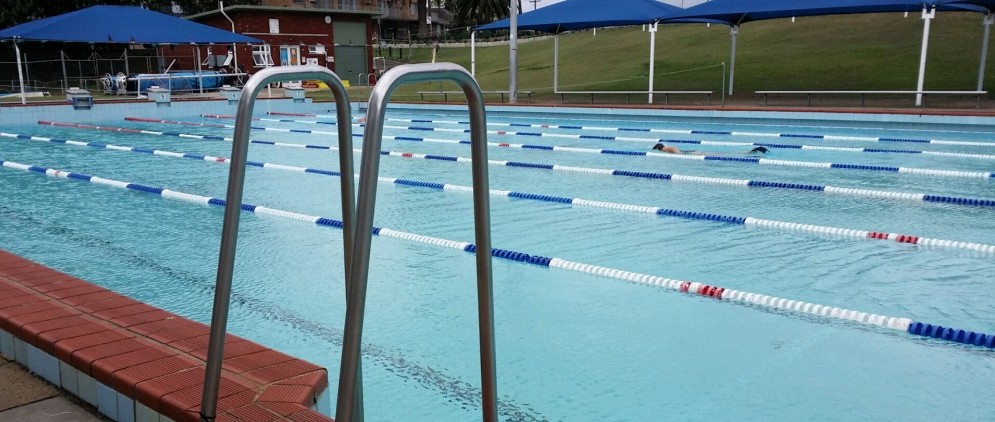RECOVERY STRATEGIES
Recovery strategies are critical components of any successful training program. They are also the least planned and underutilized ways to enhance performance. Recovery techniques maximize your body’s repair in preparation for your next match.
Some tips on useful recovery strategies:
1. TRY ACTIVE RECOVERY – Easy, gentle movement improves circulation which helps promote nutrient and waste product transport throughout the body. In theory, this helps the muscles repair and refuel faster.
Go for a light 20 minute jog, a 30 minute cycle, a 30 minute swim or a 1 hour walk.
2. HAVE A MASSAGE – Massage feels good and improves circulation while allowing you to fully relax.
3. REPLACE FLUIDS – You lose a lot of fluid during exercise and ideally, you should be replacing it during exercise, but filling up after exercise is an easy way to boost your recovery. Water supports every metabolic function and nutrient transfer in the body and having plenty of water will improve every bodily function. Adequate fluid replacement is even more important for endurance athletes who lose large amounts of water during hours of sweating.
4. COLD WATER IMMERSION – Has been shown to produce the most favourable recovery outcomes.
Current recommendations for the application of cold water immersion are:
i. Whole body immersion in standing, excluding the head is optimal
ii. Use of showers are less effective
iii. Temperature of water should be 10-15 degrees Celsius
iv. 5-10 minutes is the optimal immersion time
However, spending 5-10min in a pool or in the ocean has proven to be quite adequate at even the elite level of competition in the absence of ice baths.
5. CONTRAST (HOT-COLD) WATER THERAPY – Is the best choice for muscle damage where the signs of fatigue last for more than 72 hours.
Current recommendations for the application of contrast water therapy are:
i. Hot water temperatures of 38-40 degrees Celsius
ii. Cold water temperature of 10-15 degrees Celsius
iii. Equal ratios of hot and cold should be applied at 5 minute intervals
6. GET LOTS OF SLEEP – While you sleep, amazing things are taking place in your body. Optimal sleep is essential for anyone who exercises regularly. During sleep, your body produces Growth Hormone (GH) which is largely responsible for tissue growth and repair.
It is important to develop a routine for sleep and to aim for a minimum of 8hrs sleep each night. It is MOST IMPORTANT that you try and avoid technology 1hr before bedtime as the blue light from screens increases brain activity.
A nap during the day is fine, but not for more than 30min otherwise you’ll be too awake to sleep that night and feel lethargic the rest of the day.
7. EAT PROPERLY – After depleting your energy stores with exercise, you need to refuel if you expect your body to recover, repair tissues, get stronger and be ready for the next challenge. This is even more important if you are performing endurance exercise day after day or trying to build muscle. Ideally, you should try to eat within 60 minutes of the end of your workout and make sure you include some high-quality protein and complex carbohydrate.























